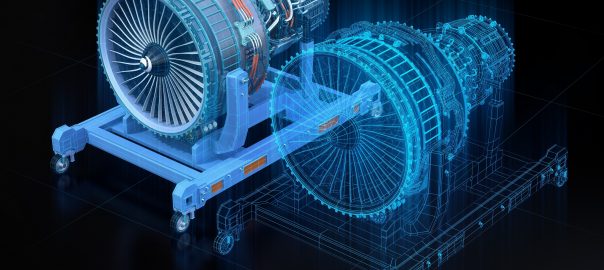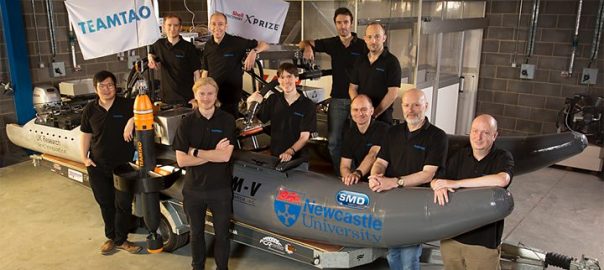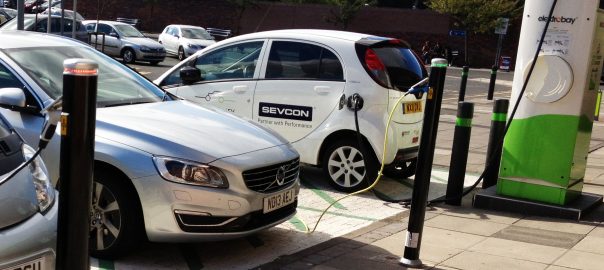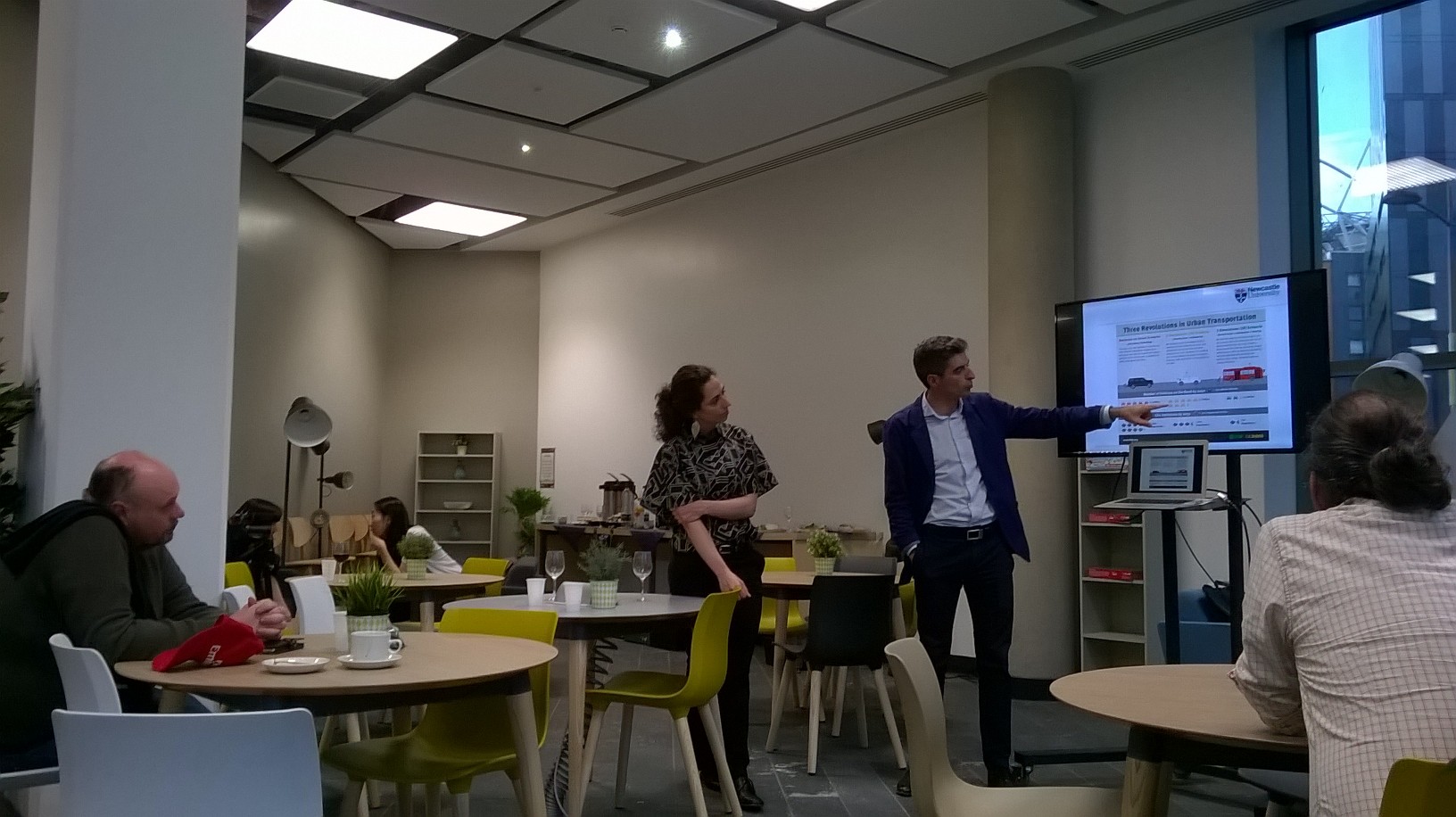Digital twin technology means a lot for flood preparedness, drainage and wastewater management and a host of other things in the water sector and beyond. It also has a lot to do with running business differently as the knowledge obtained from digital twins, including how to aggregate and visualise data, has large potential to shape the future of decision-making and data.
For those unaware, digital twin is a bit of buzzword that is catching on in academic, industry and policy worlds that refers to a live real time digital counterpart of physical systems we encounter in the real world. It’s closely related to what people in academia and industry also call ‘cyber-physical’ (more about this in our podcast on ‘The Fourth Industrial Revolution’). Continue reading Digital twins ‘the final frontier’



